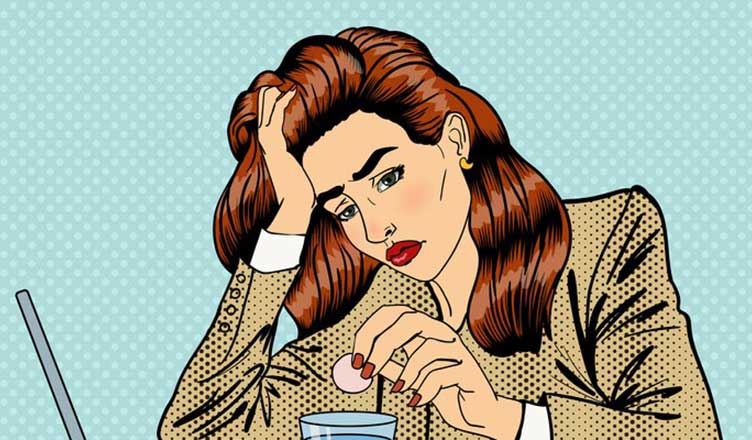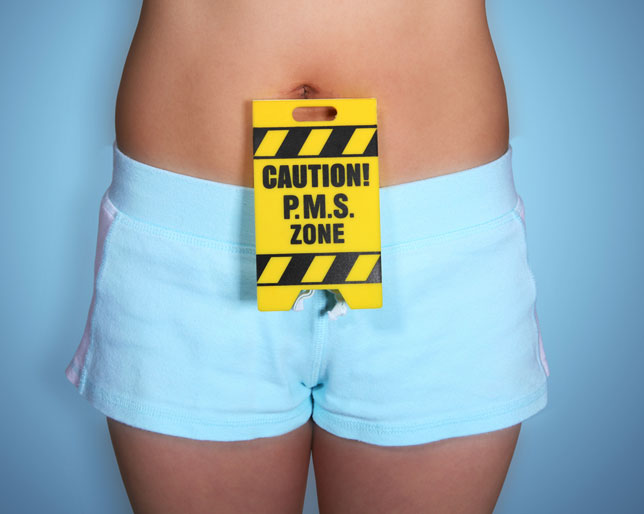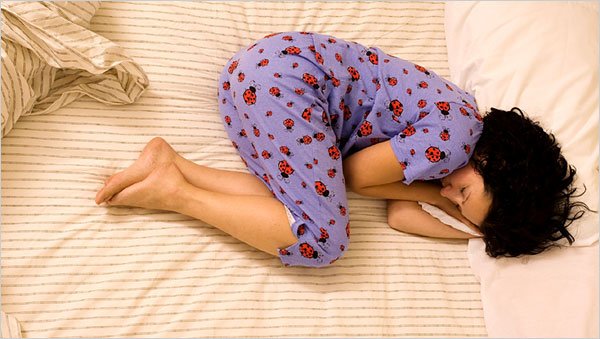Hi dear!💖 How are you? I hope that life is getting better, but if you have problems and need support, I will always wait for you on this forum. Here you can meet new women and benefit from their experience. You can even come just to gossip about your beloved husband or boyfriend …
Now, let me tell you about a few situations that everyone takes as a fact in connection with menstruation, but in reality, they are completely wrong.💖

The menstrual period that women go through every month for many years often brings with it unpleasantness and stress. Despite the fact that a woman has an average of 450 menstrual periods during her life, despite this huge number, many of them either know little or know a lot about their period incorrectly. Here are some well-known misconceptions or little-known facts about menstruation:

Determining the first day of your period is not as difficult as it seems at first sight!
For some reason, many women find it difficult to determine the first day of menstruation. In fact, determining the first day of your period is pretty straightforward. L.Millhauser, MD, clinical assistant professor and director of the Department of Female Sexual Medicine at Stanford University Medical Center, put an end to this by saying, “The first day of your period is the day you start bleeding.” If you count 10 days from the first day of bleeding, you can determine the period of ovulation.

Predicting your ovulation period can be tricky!
In women with regular menstrual cycles who are not taking hormones, ovulation usually occurs between the 10th and 14th day of each menstrual period. Thus, if you count 10 days from the first day of bleeding, you can determine your ovulation period. However, since women are not ovulation machines, this date may change from time to time. “This is why we recommend that women who want to get pregnant try not only between the 10th and 14th days of each menstrual cycle, but also 3-4 times a week.” Says Associate Professor at Mount Sinai New School of Medicine. York Doctor Fahimeh Sasan on this matter.

There does not have to be 28 days between cycles.
Typically, menstruation every 28 days is considered “normal”. Actually, this is the average figure. However, experts say that in adults, menstruation of 21 to 35 days is considered healthy and normal menstruation. For adolescents, this period should be taken as 21-45 days.
On the other hand, the period usually lasts 3 to 5 days. Experts say that the period from 2 to 7 days can also be considered normal and healthy. However, if your period lasts more than 7 days, you may need to see a specialist. Prolonged bleeding can be a harbinger of many diseases.

Even if you menstruate every 28 days, it doesn’t always have to be!
If you have your period every 28 days, even a slight delay can be alarming. However, your menstrual cycle does not work like an established mechanism. “The menstrual cycle can change depending on the environment, diet, stress factors and hormonal changes,” says Brown University professor Dr. Stephen Millhauser.

It’s normal to have no periods from time to time!
If you are sexually active, pregnancy may be the reason for the absence of menstruation, as a rule, for a month. However, there may be other reasons for the absence of menstruation. Dr. Millhauser says that vital changes such as rapid weight loss, anorexia, and excessive exercise (preparing for a marathon) can affect the hypothalamus, an area of the brain that regulates women’s menstrual cycles. This can lead to the fact that you will not have your periods for a month. However, you should still see a doctor. Lack of menstruation can be a sign of something other than pregnancy.

You can get pregnant during your cycle!
One of the biggest mistakes about menstrual is the fact that you cannot get pregnant during your menstrual period. However, pregnancy during the menstrual period is possible, although this does not happen often. Sperm can remain in the uterus for up to 5 days. If a woman has had a short menstrual cycle (for example, after 24 days), unprotected intercourse on the last day of menstruation and ovulation occurs 3 days after the end of the menstrual cycle, then the egg and sperm may meet and fertilization may occur. Dr. Millhauser says that this is unlikely, but points out that it is still possible. This can happen, especially if the period between two periods is short and your period lasts longer. For this reason, you should not choose the menstrual cycle as a contraceptive.

Menstruation is not cleansing!
Just like your digestive system doesn’t need a cleanse, your reproductive system doesn’t need one either. “Most often I hear from my patients that menstruation is one of the best ways to cleanse the body. It may sound pleasant, but it is definitely a false theory, ”says Dr. Maria Sophocles, gynecologist at Princeton University. Menstruation marks the end of the body’s routine work of creating a lining of uterine tissue to prepare for the reception of a potential embryo. If fertilization has not occurred, the excess tissue becomes unnecessary. When the body realizes this, the level of hormones quickly drops, and with this help the unnecessary is thrown away. In fact, experts call this situation “withdrawal bleeding.”